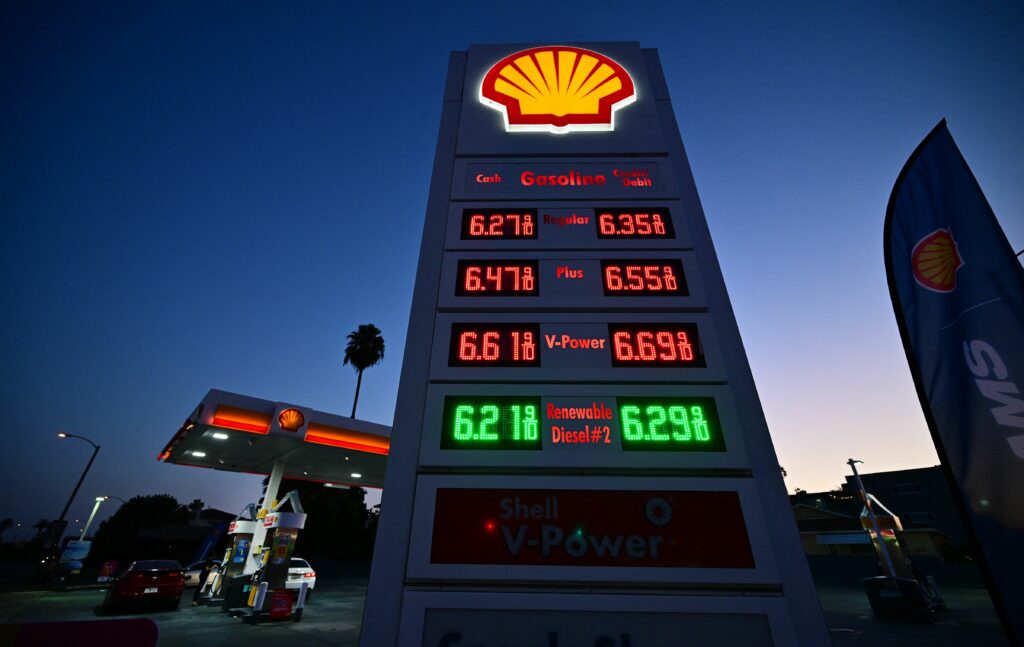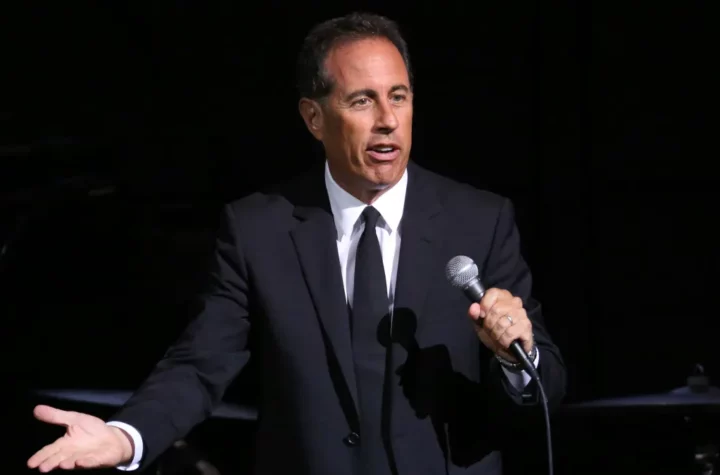
Oil and gas giant Shell has reported lower annual profits due to energy prices falling last year.
Profits were $28.2bn (£22.3bn) in 2023, down from $39.9bn in 2022 which was the company’s highest earnings in its 115-year history.
Energy companies experienced unprecedented profits as oil and gas prices surged following Russia’s incursion into Ukraine, which raised concerns about potential supply disruptions.
Household bills have seen a slight decrease since 2022, but they still remain relatively high.
The cost of petrol and electricity, along with petrol and diesel, initially started to rise following the conclusion of Covid lockdowns, but experienced a significant surge in March 2022 following the onset of conflict in Ukraine, which raised concerns about supply.
The price of Brent crude oil experienced a significant increase after the invasion, reaching nearly $128 a barrel. However, it has since experienced a decline and is currently hovering around $80. Gas prices also spiked but have come down from their highs.
The surge in prices in 2022 resulted in significant profits for energy companies, including Shell and BP. As a response, the government implemented a windfall tax known as the Energy Profits Levy. This tax targets the substantial earnings of companies from their UK operations, with the aim of funding a programme to provide financial support for gas and electricity bills.
Shell has confirmed that it paid £634m in UK windfall tax for 2022. However, the company has chosen not to provide any comment regarding the amount paid for the previous year. A company spokeswoman announced that the company’s total tax payment in the UK for 2023 amounted to £1.2bn.
It is probable that the windfall tax figure for last year would be reduced as a result of Shell’s declining profits. The company had previously stated that it anticipated paying over $500m (£395m).
In other developments, Shell announced that it has distributed $23bn to its shareholders in 2023. Additionally, the company plans to raise its dividend by 4% and initiate a $3.5bn share buyback programme within the next three months.
Shell attributed the decline in profit in the previous year to the decrease in oil and petrol prices, as well as reduced trading volumes and refining margins. Refining involves transforming crude oil into various products, including diesel.
In 2023, there was an increase in liquefied natural gas (LNG) trading. Several European countries have embraced LNG as a viable alternative for their energy needs, following a reduction in natural gas supplies from Russia.
In the final three months of 2023, the British company reported profits of $7.3bn, surpassing analysts’ predictions. However, this figure was lower than the record $9.8bn achieved in the corresponding period the previous year.
“As we move into 2024, our organization is dedicated to streamlining operations and maximizing value while reducing emissions,” stated Wael Sawan, Shell’s CEO.





More Stories
Comedian Jerry Seinfeld is 70; Despite his incredible Career, he Admits to “Darkening Moods”
Peter Smith is ‘able to Communicate’ Following the Tobago Shark Attack
Kasatkina has ‘provided promises’ regarding Safety of Saudi Arabia’s LGBT Players